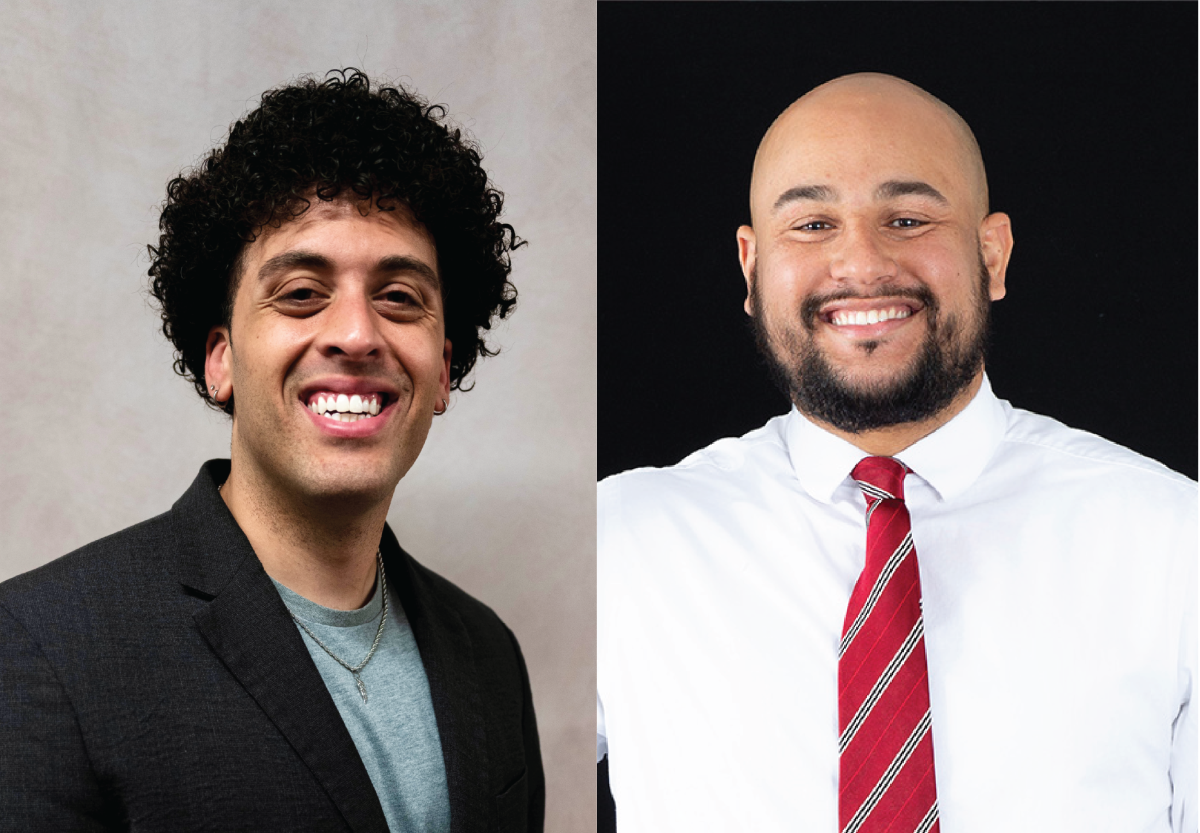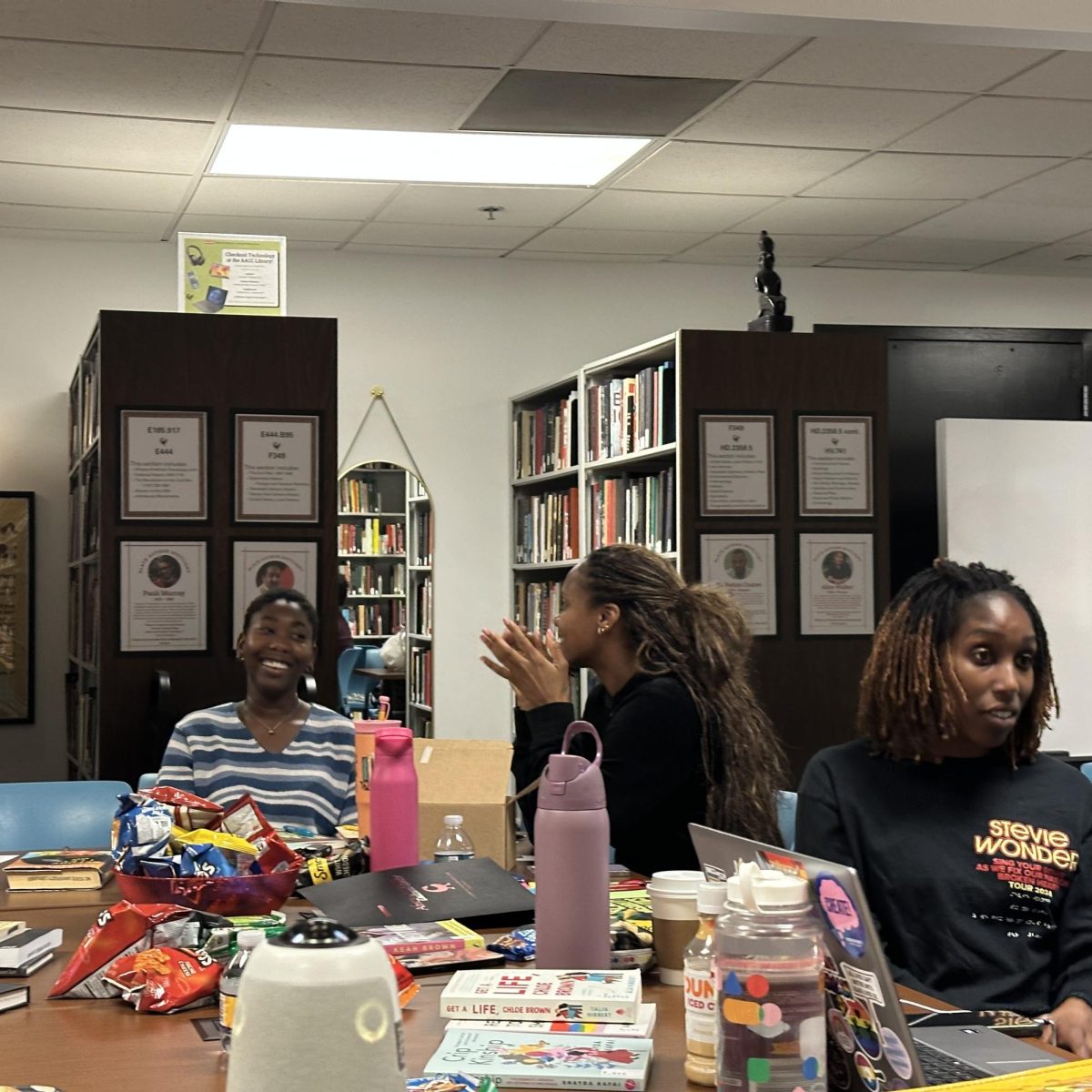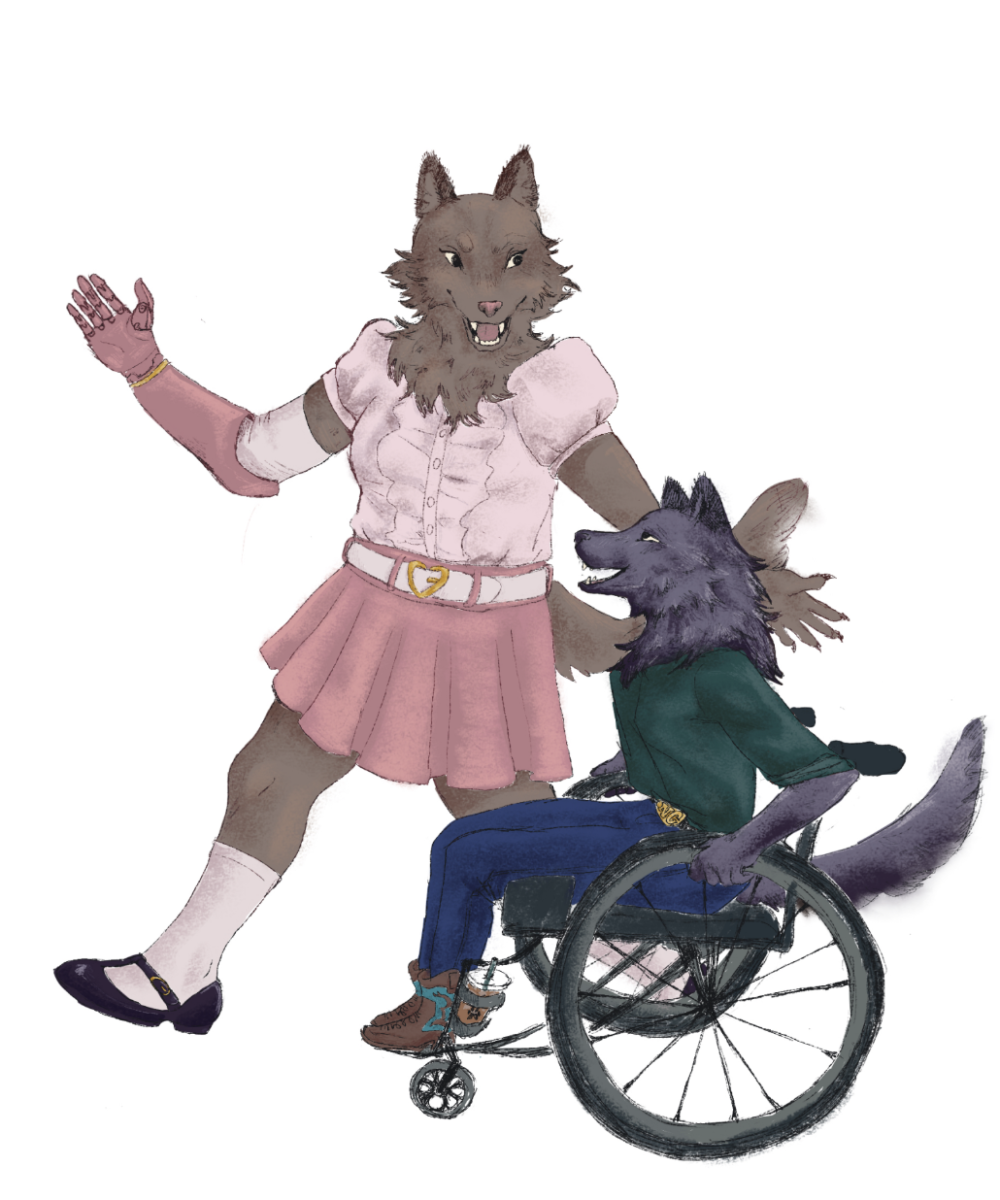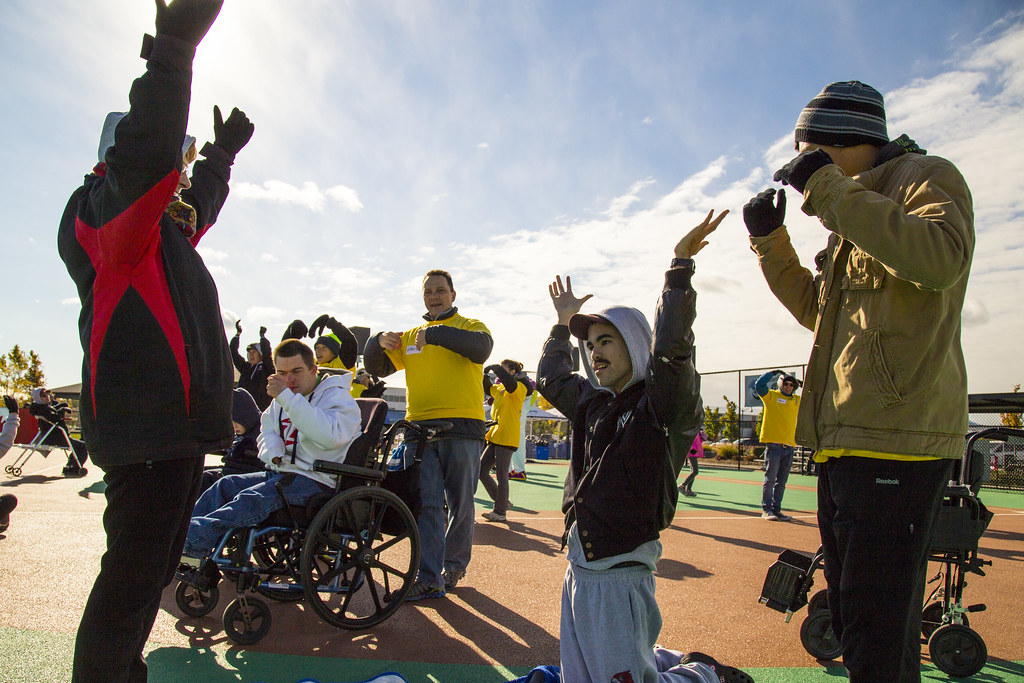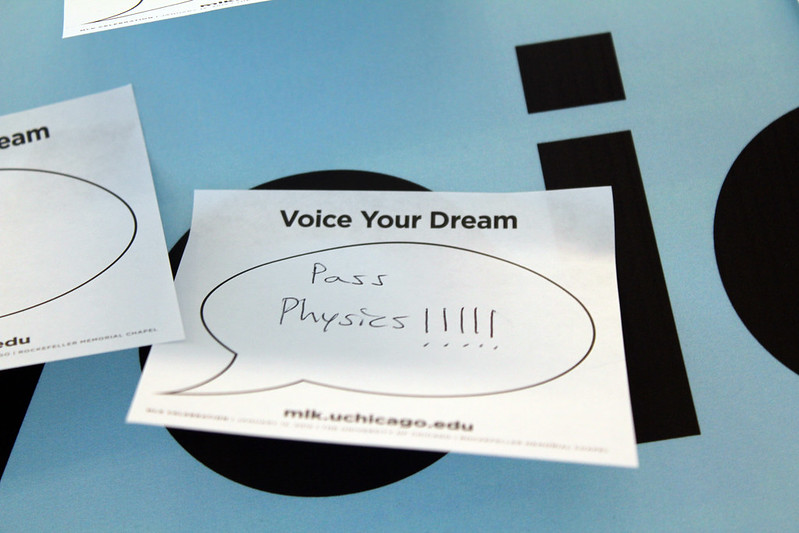On Wednesday, Nov. 13th, The Nubian Message sat down with Gavin Bell and Justin Richardson, Lumbee and Haliwa-Saponi staff members who have made immeasurable contributions to NC State. We covered a lot of ground, but prominent themes of community, trust and patience were shown through.
If Richardson is the bridge that connects Native students to NC State, then Bell is the net that catches them on the other side.
Richardson is the Assistant Director of Recruiting for the College of Engineering, where he facilitates college access, readiness and community building. Richardson brought back the Annual American Indian Recruitment Weekend, a major link between small hometowns and campus. It is one of the biggest opportunities for Richardson to connect with prospective students.
“I have a lot of access points to Native high school students who are thinking about college,” said Richardson. He continued, “[Through American Indian Recruitment Weekend,] I get to meet with students a lot before they get to NC State.”
Richardson noted that his realm of influence is mainly with Native students considering a future at NC State. “Once they come here, I hope they stay connected… It’s a large campus, though, so sometimes it’s hard,” said Richardson. From there, he points the students toward Bell, who provides more relational, day-to-day support.
As an Assistant Director at Multicultural Student Affairs (MSA), Gavin Bell excels in helping students get, and stay, connected with their communities on campus. Bell is a cornerstone of the center’s programming, as he organizes many of MSA’s cultural and Heritage Month celebrations.
“We’re kinda like a bridge, and I’m on the other side,” Bell began. “There’s a lot of ways we do that in MSA, like the multicultural symposium.”
After the American Indian Recruitment Weekend, Native students can meet Bell at The Symposium for Multicultural Scholars, one of their first opportunities to connect with the thriving Native community on campus.
Bell advises the Native American Student Association (NASA), where he collaborates with students to host cultural celebrations, such as Native Heritage Month, Indigenous People’s Day and NC State’s Annual Powwow.
Richardson and Bell’s support extends far beyond their programming. A key component of their roles is to provide students with guidance, especially during their first semesters on campus.
“A lot of students would just come in for one-on-ones… those first bad grades, culture shock, the transition [to college] or even communication, especially if they have certain dialects and ways of navigating,” said Bell. He helps students process their, “passions, goals, anxieties and fears,” and he doesn’t expect students to open up right away.
“That culture shock? It is real, and it hits them hard,” Richardson added. He stressed that Native students “are not alone up here, and they have a community that feels like home.”
The critical step in addressing culture shock? Richardson and Bell agreed that it’s building trust with students through consistent support.
As Richardson stated, support is often “so simple that people overlook it.”
“It has to be about relational resources,” Bell began. “We’re coming from a lot of native communities where family and genuine connection to the people around you is very important.”
Identity plays a significant role in building trust, especially when it comes to language and dialect. “I want to be a familiar, friendly face, someone easy to talk to,” Richardson said. For him, authenticity and realness can ease the anxiety of being in an unfamiliar place.
“When I started as a professional, I felt I needed to code-switch a lot… But nowadays, it’s just being myself and being real with students. I think they appreciate that realness to build trust and rapport,” said Richardson
“I’m not gonna speak super formal at first… If I can tell they got the dialect, then I’ll speak with the dialect … language is important, and I’ll make sure that they feel comfortable in that way,” added Bell.
Richardson and Bell have a deep awareness of the cultural contexts that Native students bring to NC State. As a marginalized community, society places expectations and stereotypes on Native students about “looking, sounding, or acting” a certain way.
“First of all, they’re not a monolith. They come in with a bunch of different contexts about what it means to be ‘native,’” said Bell.
He continued, addressing his students directly, “I don’t expect you to come to all of our events. I don’t expect you to come to NASA… We would love for you to, but my support of you is not contingent on whether you do those things… You don’t need to show up in a certain way to be received by the Native community as a whole, or let alone by us as mentors… ”
Bell wants to remind his students that within themselves is credibility and heritage in how they show up. “That comes from ancestors. That comes from lineage, not what somebody projects based on their assumptions.”
Consistent support also comes from the university and student allies.
“There’s not going to be as many Native staff and faculty on this campus, just statistically, ” noted Bell. He emphasizes that universities need to maintain strong ties with the communities that Native students come from through strategic partnerships with community elders and local school systems.
“Notoriety, for native folks in particular, carries way more significance and credibility, especially when folks send their students [to NC State]. And, maybe that’s an unfamiliar territory,” Bell said.
Richardson also stressed the importance of allyship as a student body. If your peers are struggling in class or adjusting slowly, “being intentional” and asking if they need help can provide critical support.
“The more we continue being allies and kind of just looking out for Native students … or any students on campus, it makes us all better and grow more and more,” said Richardson.
Lessons go both ways, Richardson and Bell have learned a lot from their students.
“Students have taught me to be powerful in my identity and who I am as a person. It’s something we tell students coming into campus…They’ve helped me grow as a professional and as a person as much as I’ve helped them,” Richardson said.
In his time with students, Bell has learned how to give students more space, even allowing them to fail. “ I never wanted to [have] a dynamic where students rely on me so much that if I’m not here for whatever reason…things fall apart. I want them to be able to stand on their own two feet, and I want our job to be to pour into them and to affirm them,” he said.
As a final reminder, Richardson wanted us to know that it will work itself out, and we must keep going forward. “Make it do what it do,” he said. “I don’t know where I got it from, but it’s one thing I love saying to students. You just got to keep pushing forward… It’s so much stress we put on ourselves nowadays, but remembering the impact we have is sometimes not immediate; it’s for the years to come, and it works out.”

